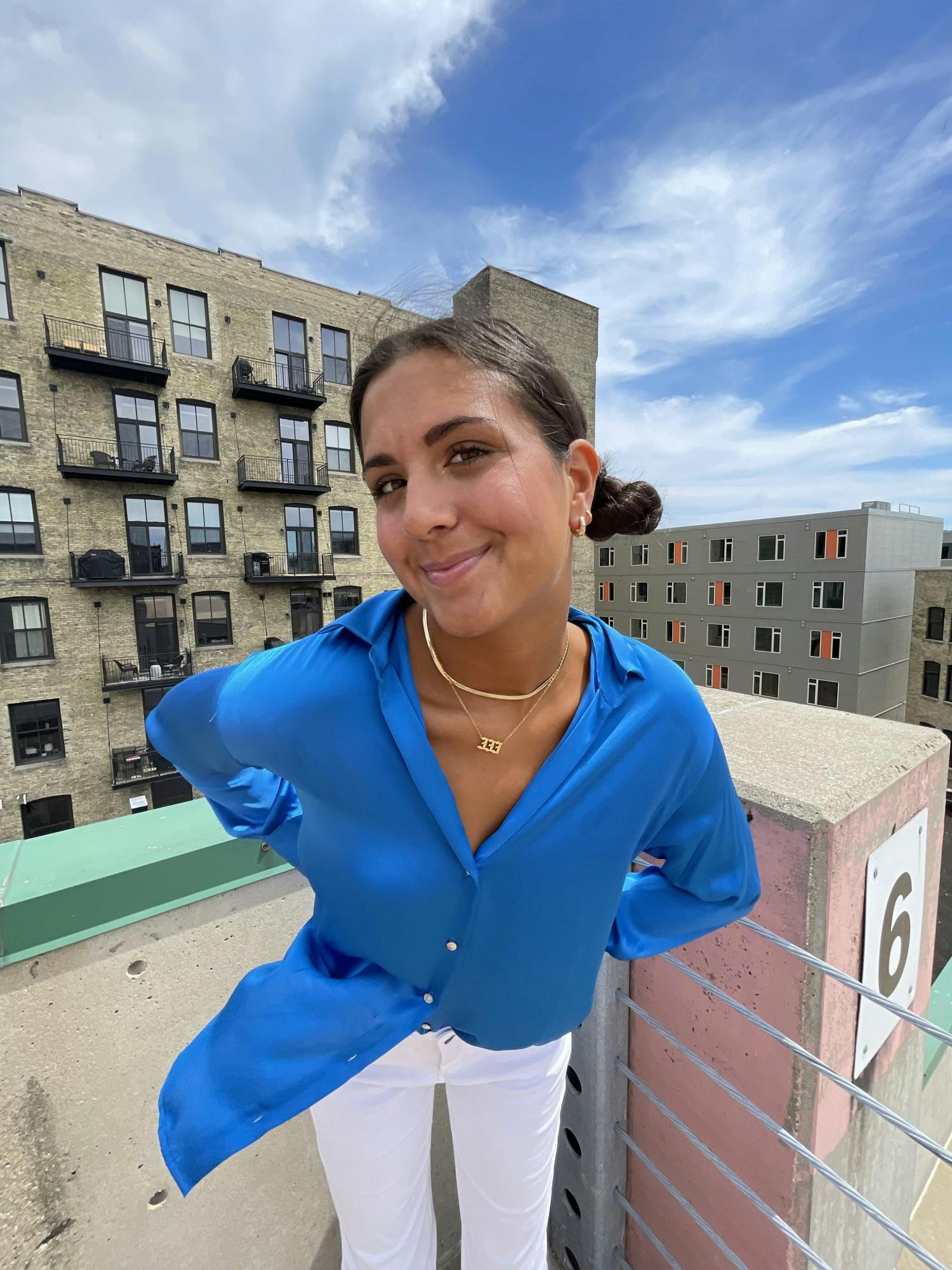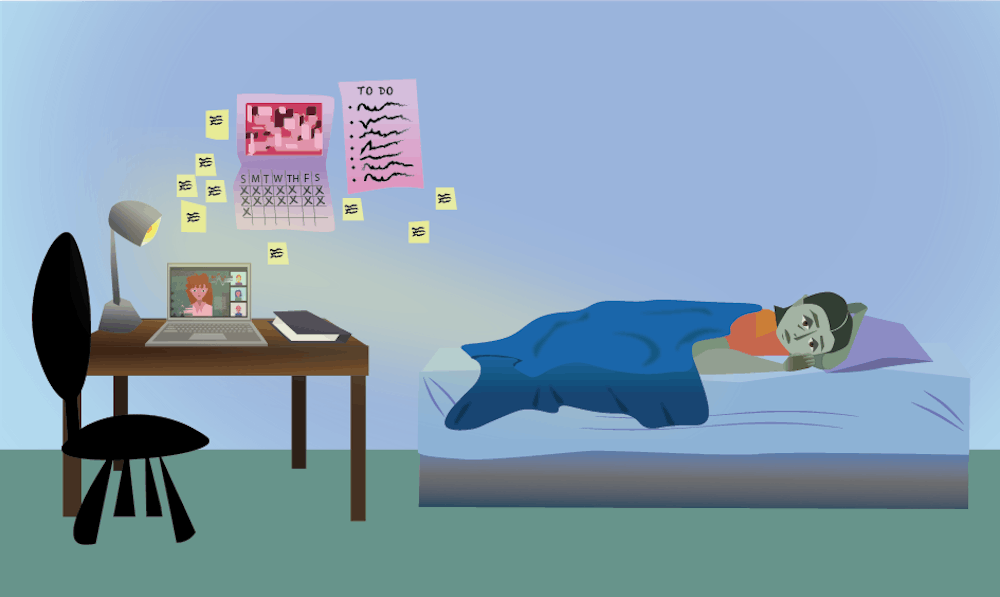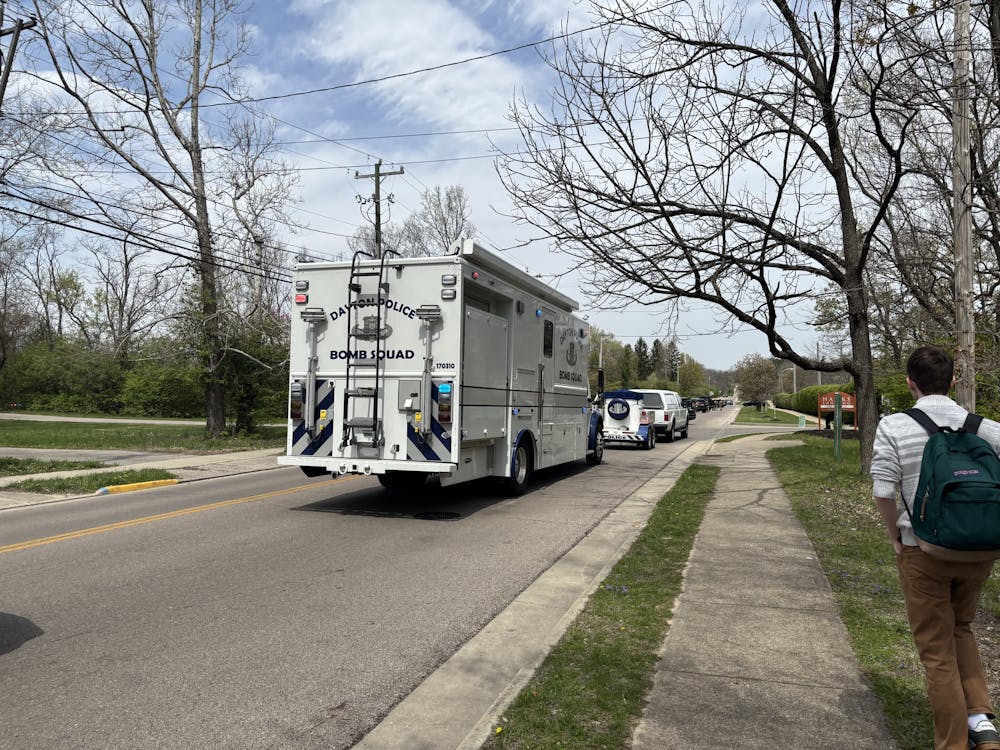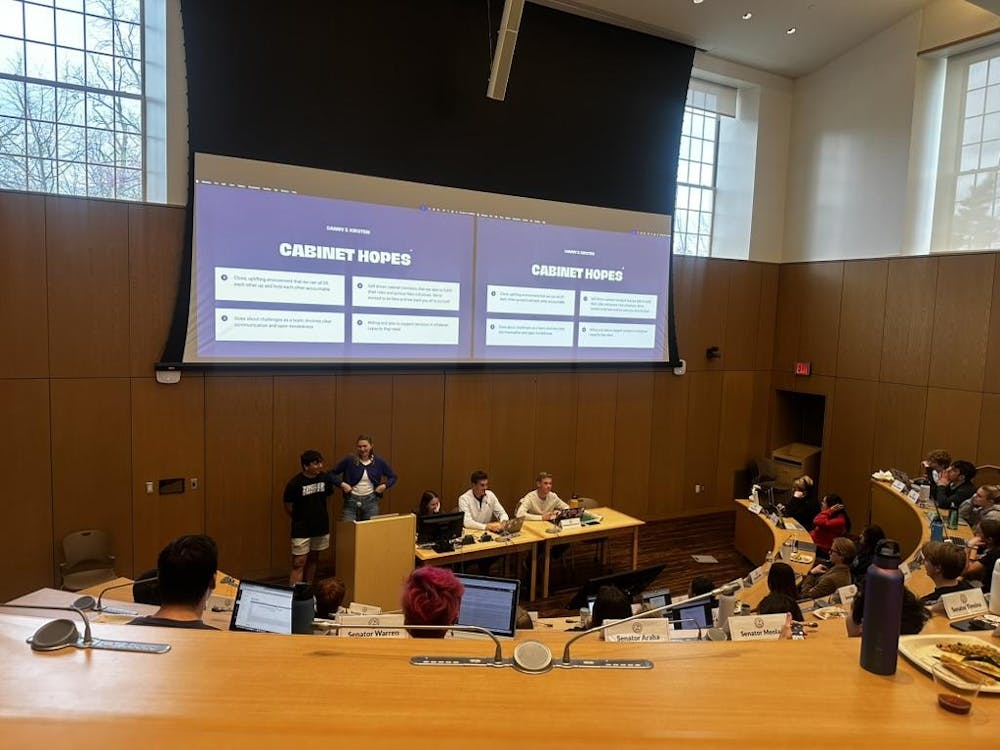Mia Patel began her first year at Miami University 400 miles from campus, logging onto her first college classes virtually through Zoom.
Her year began in her childhood bedroom, just outside of Milwaukee, Wisconsin. She ate dinners at home instead of in the dining hall. Studying took place at her kitchen table, versus King Library.
“I had to start college online and at home, and honestly, I had no idea what I was doing,” said Patel.
Two years later, Patel, now a junior biology pre-med major, still finds herself struggling from time to time. One of the things that continues to impact her is the small number of people she has gotten to know on campus.
“Meeting new people was hard,” said Patel. “I didn’t really get the chance to know anyone until we went back in person.”
Jayne Brownell, vice president of Student Life, said due to a variety of factors, the class of 2024 behaves differently than the average junior class. These factors include a lack of common experience, moving onto campus five weeks late and the academic setbacks coming from a semester of virtual learning.
“I’m watching them as juniors, and I feel like they haven’t caught up,” Brownell said. “They didn’t have any start of the year events, they moved into their halls late, already a month into classes. Almost all of their classes were virtual. They didn’t have student organization meetings, so they really didn’t have any opportunity to make friends.”

Junior Mia Patel has struggled getting to know people after having an unconventional start to her college experience.
Patel noted that these factors had a major impact on her transition.
“They sent the email that we would all have to move in a month later, which was really hard, and I feel like it really took a toll on my education,” she said. “I really got thrown into this whole different lifestyle after I had already started school.”
As far as the class’s current involvement at Miami, Brownell said they seem to be involved but focused on fewer activities and smaller groups. The pandemic is also impacting how juniors take on responsibilities on campus.
Enjoy what you're reading?
Signup for our newsletter
“We normally have sophomores and juniors in leadership positions. Seniors are usually stepping out of their leadership positions and starting to think about their careers,” Brownell said. “Right now they are trying to squeeze out the most of their experience while they can and make up for what they missed. They are in roles that seniors usually aren’t. Sophomores are stepping in where they normally are and the juniors are almost squeezed out.”
Alex Fink, a junior kinesiology major, has seen this in her own organizations.
“In most of the clubs I’m in,” Fink said, “I see more sophomores and seniors in leadership positions.”
Patel attributed the class of 2024’s struggles to take on leadership positions to a lack of opportunities to join student organizations in fall 2020.
“My freshman year, I didn’t get involved in any clubs at all,” Patel said. “Honestly, now I don’t step up in those clubs to a leadership position.”
John Ward, director of Student Counseling Services, said he can’t make a definitive conclusion, but he believes that juniors’ mental health was harmed because of their beginning at Miami. This is due to what he calls “the achievement gap.”
“Folks are saying that they don’t feel as if they fit as well. Whether it's studying for classes or performing [on tests] or even interacting with professors, folks seem to struggle a little more with that than we’ve seen with previous classes,” Ward said. “What’s the difference? They started in the middle of a pandemic.”

After a first year of college that was mainly online, junior Alex Fink had to adjust to being in-person and felt like she was playing catch up.
Anxiety is one of the biggest challenges Ward sees juniors trying to overcome. Transitions are difficult already, and he said going through the transition to college during the pandemic made it even more challenging.
For Fink, the start of her college career included two transitions. First, she had to start college. Then, she had to transition to in-person classes her sophomore year.
“I think what threw me off the most was when I started my sophomore year of college, I got pretty overwhelmed easily,” Fink said. “This was because I was used to everything being online and a lot less rigorous my freshman year. I felt like I was playing catch up at first.”
Regardless of the struggles the class of 2024 has faced, Brownell and the rest of the university staff remain committed to getting this class ready for graduation next year.
“There is no judgment in where anyone is at,” Brownell said, “but we have a responsibility to help them leave Miami caught up.”




